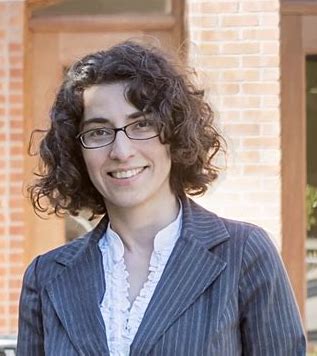
I have been thinking a lot about the importance of community and feminist intersectional praxis – the inextricable link between scholarship and action for social change. Many of us attended the National Women’s Studies Association (NWSA) conference this year. As usual, there was inspiring research, teaching, and activism to learn about. However, what was most remarkable to me was the strength of community among the attendees; strength of community in terms of numbers, in terms of diversity (e.g., centering women of color and trans and gender non-conforming people), and in terms of joy, laughter, and connection through praxis. This sense of community and joy was particularly powerful given that the work itself was often about challenging and painful topics such as hate-based violence, social inequalities, and experiences of marginalization and erasure.
I think about community as the process and the outcome of our praxis – an important part of how we do our work and what we achieve through our work. Prominent feminist scholars have written about community in inspiring ways. Patricia Hill Collins’ calls for building “coalitions of conscience” grounded in empathy, ethics of social justice, and intersectional understanding of community. Audre Lorde alludes to community when she says “the sharing of joy, whether physical, emotional, psychic, or intellectual, forms a bridge between the sharers which can be the basis for understanding much of what is not shared between them, and lessens the threat of their difference.” Adrienne Rich describes communities of resistance in which “the sharing of work” fosters an empowering joy that makes us, as Lorde describes “less willing to accept powerlessness,…resignation, despair, self-effacement, depression, self-denial…”
I view our work as scholars, teachers, students, and practitioners as a source of joy and community that is a powerful countervailing force to the systems of inequalities and dynamics of erasure that we are working to understand and transform.
Many of our initiatives this year reflect this notion of community and praxis, connecting our scholarship with transformative action. For example, this semester, Dr. Manoucheka Celeste and Dr. Bryce Henson organized a brownbag building community with first generation graduate students at UF. With Dr. Laura Guyer’s leadership, our students worked with Gainesville4All to gather input from our neighbors throughout Gainesville about their needs and how to promote equity in our communities. With Dr. Maddy Coy’s expertise, we are organizing #HearMeToo, a series of events to recognize International Day for the Elimination of Violence Against Women and 16 days of activism against gender-based violence in our communities. With Dr. Billy Huff’s expertise, in spring, we will offer the Center’s (and UF’s) first course on Transgender Studies. All of these initiatives connect scholarship with teaching with action. This work is the cornerstone of building communities through feminist intersectional praxis. We thank each of you for being a part of building and sustaining this work and community.